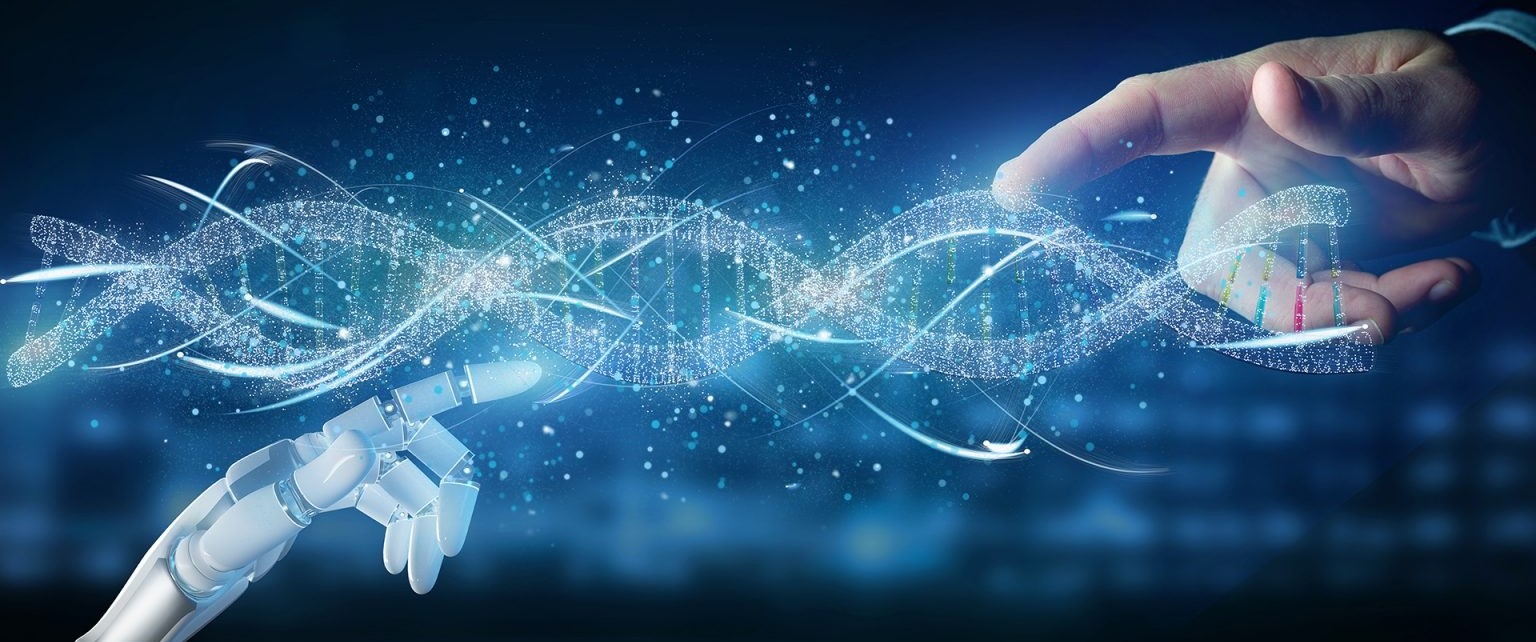The Disruptive Role of Data and AI in the Life Sciences

A Joint Conference between DDLS, WASP and WASP-HS
September 24, 2024 @ 12:00 – September 25, 2024 @ 12:00 CEST
The conference will focus on different aspects of research where collaboration over scientific domains is essential and will explore the following topics:
- How data- and AI-driven research is shaping the future of life science
- Development of new approaches to human-in-the-loop technologies and their use
- The need for studies at the intersection of society, AI, and data driven life sciences
Participants will have the opportunity to network, be inspired by excellent international keynotes, and take part of the latest research in Sweden. In addition to plenary keynotes, the program will offer parallel sessions, panel discussions, mingle and poster sessions.
Practical Details
Dates and times
September 24, 12:00 – September 25, 12:30
Registration is open from 11:00 on September 24.
Venue: Wallenberg Conference Center, Medicinaregatan 20 A, Gothenburg
Registration to the Conference
The registration is open until September 3.
Program
24 September
11:00 Registration opens
Posters are to be hung up from 11:00 and should be done by 12:00.
12:00 Lunch
13:00 Conference opening
- Keynote speaker Sunduz Keles: Integrative Approaches to Single-Cell Genomics for Personalized Medicine
- Keynote speaker TBD
- Project presentations from selected WASP-DDLS joint projects and WASP-HS-DDLS joint projects.
17:15 Mingle food and poster session
25 September
8:30 Start of conference day 2
- Project presentations by WASP-DDLS joint projects
- Magnet mingle
- Keynote speaker Klaus Lindgaard Høyer: All the data from everywhere all at once: data integration, AI imaginaries, and their unpredictable outcomes
- Panel discussion on common research challenges
12:30 Lunch to go
Keynote Speakers
Sunduz Keles
Title:
Integrative Approaches to Single-Cell Genomics for Personalized Medicine
Bio:
Dr. Keles obtained her Ph.D. in Biostatistics from the University of California at Berkeley. After a year-long postdoctoral appointment at UC Berkeley, she joined the Department of Biostatistics and Medical Informatics and the Department of Statistics at the University of Wisconsin, Madison. She has twenty years of experience in developing statistical and computational methods for genomics, including serving as an ENCODE PI, and pioneering foundational statistical models for leveraging multi-mapping reads in high throughput sequencing data analysis (ChIP-seq, Hi-C).
Her research interests span developing statistical and computational methods for denoising and signal extraction from sequencing data and modeling of high dimensional data. Her computational approaches led to fundamental contributions on how GATA factors mediate transcriptional regulation in HSPCs and erythroid cells. Dr. Keles is an elected fellow of the American Statistical Association.
Klaus Lindgaard Høyer
Title:
All the data from everywhere all at once: data integration, AI imaginaries, and their unpredictable outcomes
Bio:
Klaus Hoeyer is professor of Medical Science and Technology Studies at the Centre for Medical Science and Technology Studies, University of Copenhagen. His research focuses on the links between policy, practice and experience in relations to medical research and clinical practice. In recent years, he has focused mainly on what he calls intensified data sourcing in healthcare and how it interacts with and changes the health services. This research is primarily financed by the European Research Council.
Background
Since 2021 the Wallenberg AI, Autonomous Systems and Software Program (WASP) and the SciLifeLab and Wallenberg National Program for Data-Driven Life Science (DDLS) are collaborating through joint research projects with the ultimate goal of solving ground-breaking research questions across disciplines. In line with this, the programs will now host the first, joint annual conference where common research topics are highlighted. Additionally, the increasingly important humanity and societal aspects of the research will be addressed through participation of the WASP-HS program (Wallenberg AI, Autonomous Systems and Software Program- Humanity and Society). Read more about the different research programs here:
Open Calls
The conference is an opportunity to find collaborators for the two open calls:
WASP-DDLS: NEST projects https://wasp-sweden.org/calls/call-for-joint-wasp-and-ddls-nests/
WASP-HS-DDLS: Research Initiation Grants for Data-Driven Life Sciences and Society
https://wasp-hs.org/open-call-research-initiation-grants-for-data-driven-life-sciences-and-society/
